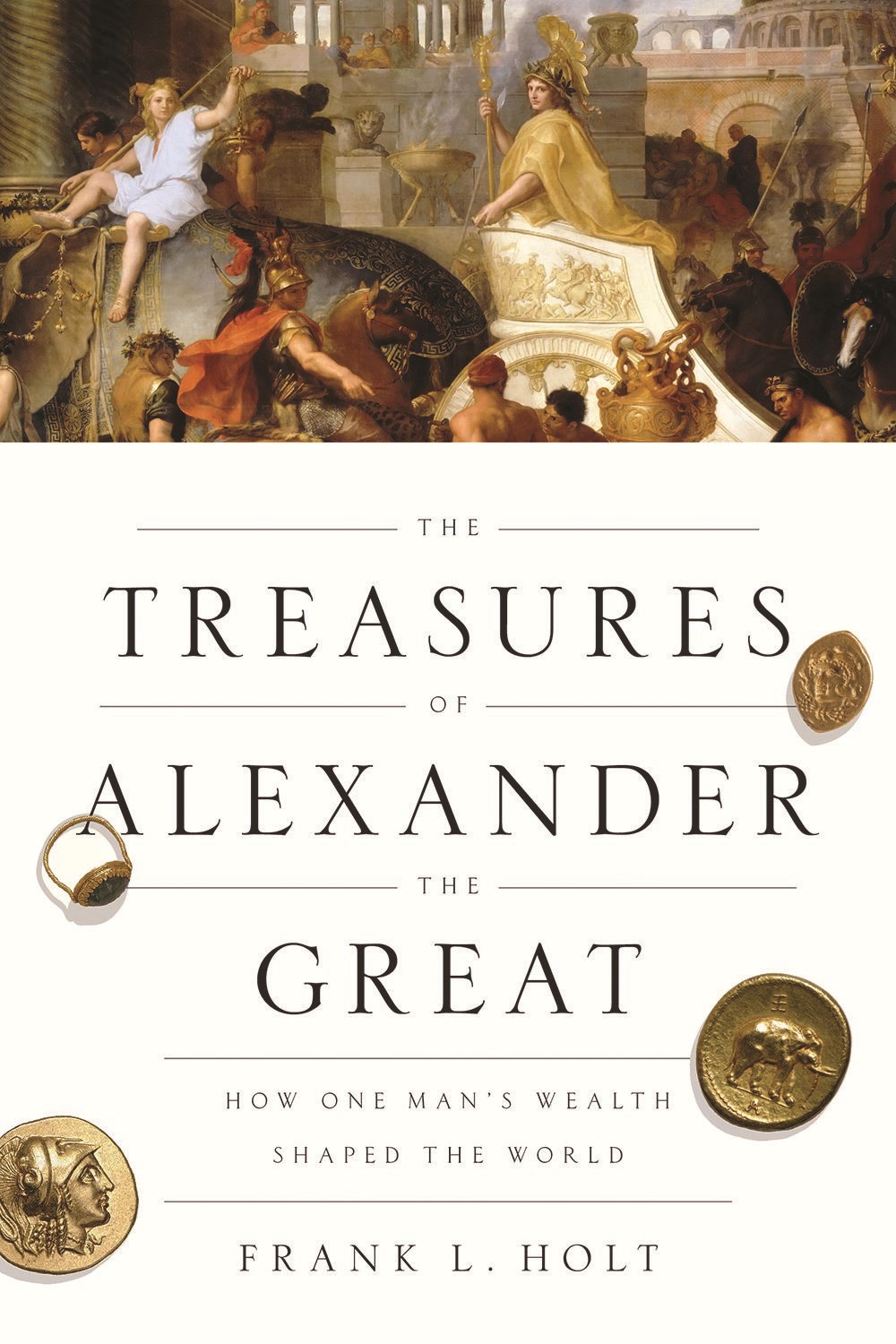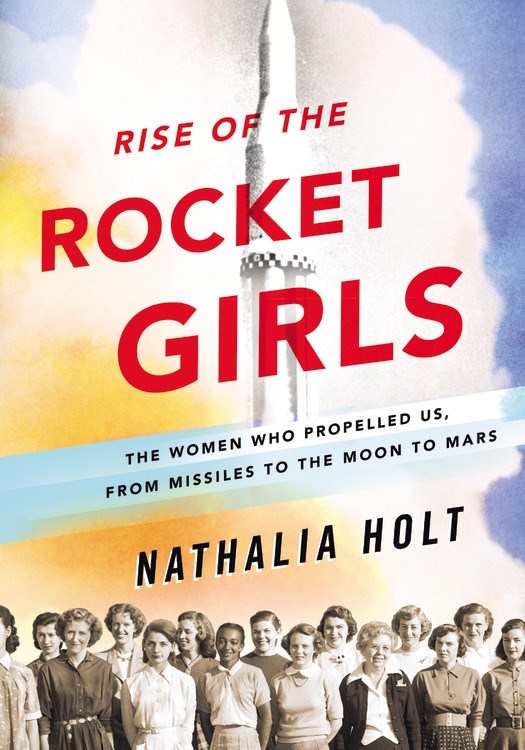 Quiet Creature on the Corner by João Gilberto Noll, translated by Adam Morris (Two Lines Press, 120 pages, May 10)
Quiet Creature on the Corner by João Gilberto Noll, translated by Adam Morris (Two Lines Press, 120 pages, May 10)This slim volume asks to be read in a single sitting, which is precisely what I did. And that's a good thing, because only in that way could I fully experience the dizzying and unsettling "plot."
The first of Noll's works to be translated into English, Quiet Creature is ostensibly about a young, poverty-stricken poet who, after being sent to jail for rape, is released into the custody of a mysterious older man who cares for him on an unidentified estate. Throughout the story, time seems to skip ahead without any warning, the narrator and the few other characters aging in fits and starts.




